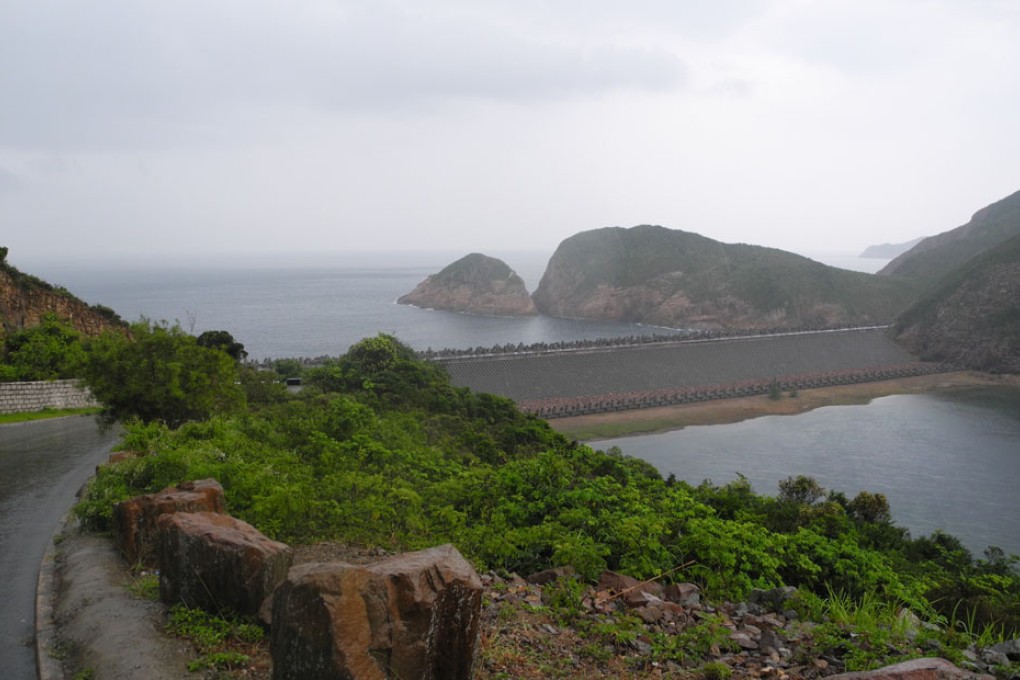Wasting water cheaper than bigger reservoirs: Paul Chan
The cost of increasing the capacity of Hong Kong's reservoirs exceeds that of simply discharging excess water into the sea, the development minister has said as he defends accusations that the government is wasting water from overflowing reservoirs.

The cost of increasing the capacity of Hong Kong's reservoirs exceeds that of simply discharging excess water into the sea, the development minister has said as he defends accusations that the government is wasting water from overflowing reservoirs.
Expanding the reservoirs would incur substantial project and operating costs, amounting to much more than it would cost to boost water supply through current means, such as purchasing Dongjiang water, Development Secretary Paul Chan Mo-po wrote on his blog.
"Some reservoirs in Hong Kong - such as the Kowloon Reservoir and Tai Tam Reservoir - are listed as statutory heritage, where expansion is not appropriate [as the works involved might affect the structures]," he wrote.
"It is also a concern that the ecological environment at the lower course would be affected by any construction works to enlarge the reservoirs."
Because of extreme weather and heavy rainfall in recent years, many of the city's reservoirs are overflowing, meaning excess water must be discharged into the sea, local media reported.
The reports said the cost of water released over the past eight years amounted to as much as HK$1.1 billion of public money.